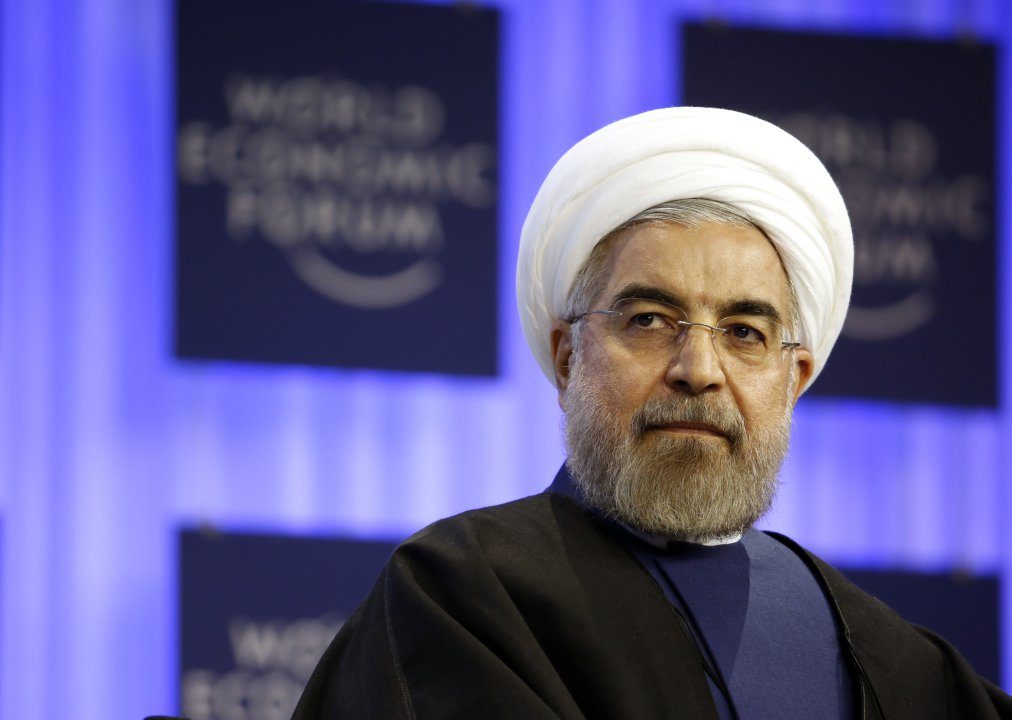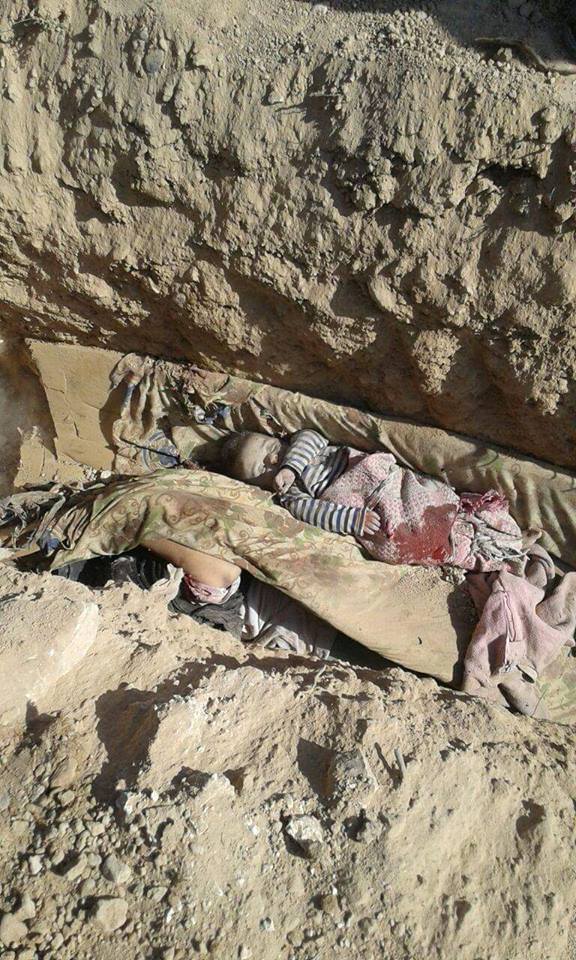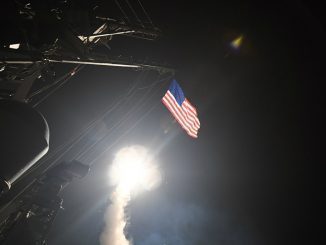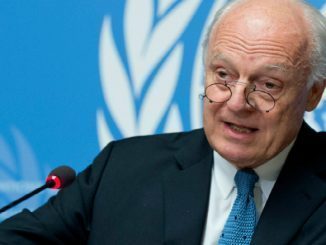
Iran’s President Hassan Rouhani demanded on Sunday that Barack Obama should block an extension of sanctions passed by the U.S. Congress, saying Tehran would otherwise “firmly respond”, but will not abandon the nuclear deal.
Barack Obama, The former US leader, was behind the historic Iran nuclear deal with P5+1 powers, agreed upon last year, which saw Tehran agree to amend its nuclear output in order to lift all nuclear-related economic sanctions, freeing up tens of billions of dollars in oil revenue and frozen assets.
However, not all the sanctions on Iran was lifted in this agreement.
The U.S. Senate passed a 10-year extension of sanctions against Iran on Thursday, sending the measure to the White House for President Barack Obama to sign into law and delaying any potentially tougher actions until next year.
the Iran Sanctions Act, or ISA, a law first adopted in 1996 to punish investments in Iran’s energy industry and deter Iran’s pursuit of nuclear weapons. The sanctions include trade, energy, defense and banking.
The Iran measure will expire at the end of 2016 if it is not renewed. It must still be passed by the Senate and signed by President Barack Obama in order to become law.
In a speech to parliament, Rouhani denounced legislation passed by the U.S. Congress as a violation of Tehran’s nuclear deal with six major powers.
“America’s president is obliged to exercise his authority by preventing its approval and particularly its implementation … and if this gross violation is carried out we will firmly respond,” Rouhani said in the speech, carried live by state television.
On Sunday, 264 lawmakers in Iran’s 290-seat parliament issued a statement calling on the government to implement counter measures, including relaunching nuclear enrichment halted under the atomic deal, the official news agency IRNA reported.
Last month, Iran’s Supreme Leader Ayatollah Ali Khamenei warned that the extension would be viewed in Tehran as a breach of the nuclear accord and threatened retaliation.
Khamenei and his hardline loyalists have criticized the deal and blamed Rouhani for his government’s failure to deliver swift improvements in living standards since sanctions were lifted in January.
However, Rouhani said that Iran will stick to the nuclear deal and will not achieve the US plans by dismantling it first.
“The benefits of the nuclear deal are clear for everybody,” Rouhani said. “We can now, under the nuclear deal, export as much oil as possible. International transportation and shipping are much less inexpensive, and many trade and foreign investment contracts and agreements have been signed.”
The moderate president’s speech was aimed mainly at pacifying hard-line domestic critics who say the nuclear accord has not delivered the economic benefits he promised. Iran’s economy continues to struggle nearly one year after restrictions on oil sales and other international trade were lifted.
Iran has argued that unilateral U.S. sanctions over Tehran’s ballistic missile program and support for terrorism dent American credibility and undermine the spirit of the nuclear deal by restricting its access to dollars, the currency of most international trade.
Yet the nuclear deal remains popular in Iran for reducing its diplomatic isolation and in Western capitals for boosting hopes of winning Tehran’s cooperation on other thorny issues, such as battling Islamic State extremists in Syria.
Iranian Foreign Minister Mohammad Javad Zarif said over the weekend that U.S. efforts to punish Iran unilaterally were a “failed policy” but would not undermine the agreement.
“I do not believe the nuclear deal is in jeopardy,” Zarif told an audience in New Delhi. “Of course, in Iran, we have options for every alternative.”
Most analysts believe Iran has too much to risk by walking away from the deal. The Islamic Republic’s oil exports have more than doubled from a year ago, to 2.6 million barrels per day, and well-connected conservatives who criticize the deal publicly are quietly enjoying the benefits of increased trade with foreign countries.
“Whatever the American administration says or does, the Iranian government will not drop the nuclear deal, simply because Iran has no better option available,” said Nader Karimi Juni, an independent analyst in Tehran.



